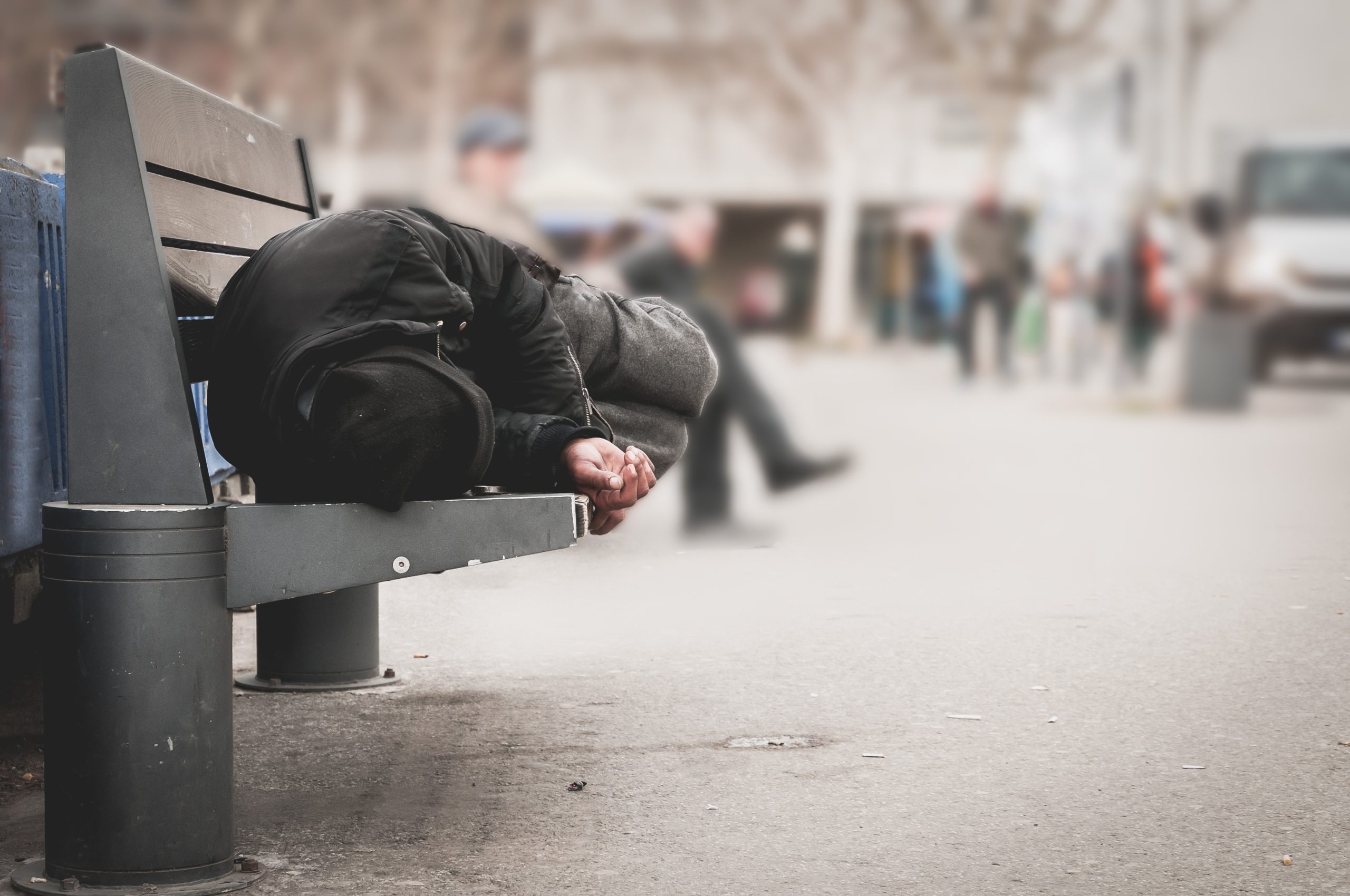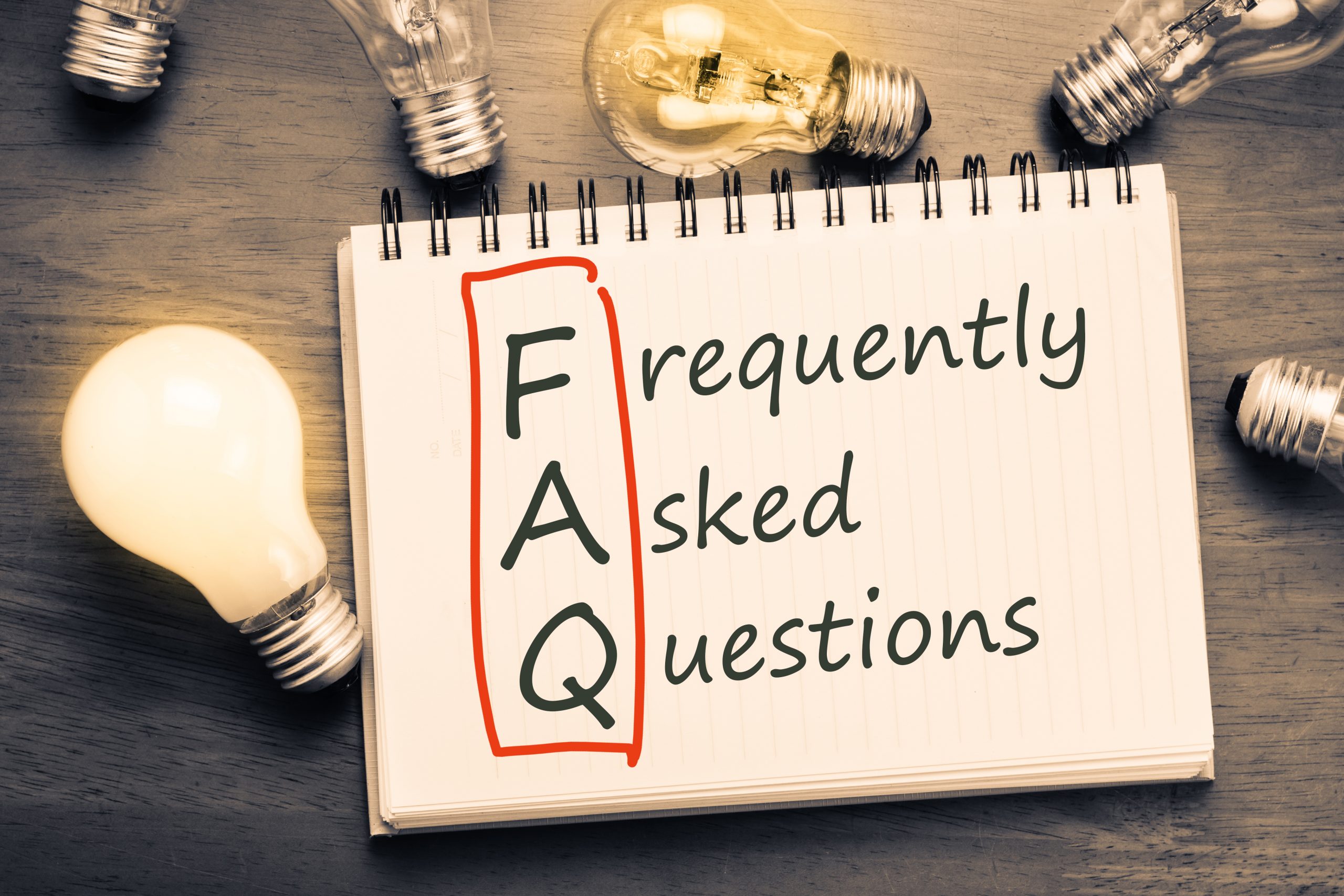Homelessness and Missing Persons

Information about homeless outreach and resources to help locate a missing loved one.
What can I do if my loved one is homeless or missing?
Homelessness and unstable housing are outcomes for far too many people with poorly treated psychiatric conditions. Data indicate that people with untreated severe mental illness (SMI) represent at least a third of people experiencing homelessness in the United States.
Family members have limited options for helping if a loved one is untreated. This is especially true if a loved one refuses assistance and is unhoused due to paranoia or delusional beliefs. It’s extremely difficult to help them stay safe and find a pathway toward stable housing and recovery.
What is homeless outreach?
Individual communities have their own structure for managing people who lack stable housing. Some have overnight and/or day shelters, meal services, and coordinated services related to basic needs. Homeless outreach is also sometimes called street outreach, street medicine or community response and can include medical services, mental health supports, transportation, and resources to meet basic need.
Note that traditional shelters and other homeless services may not be something your loved one wishes to utilize even if access is provided. People with SMI may feel more comfortable sleeping outdoors if they experience paranoia, use substances, have fears about being victimized, or dread sleeping in close quarters with other individuals. Seek ways to build solutions collaboratively with your loved one. One place to learn communication strategies that may help with these conversations is the Henry Amador Center on Anosognosia.
A federal grant program called PATH — Projects for Assistance in Transition from Homelessness — is an option to help individuals with SMI who are homeless or at risk of homelessness. PATH funds homeless outreach but does not provide housing subsidies. Search for a PATH program in your state by typing the full name of the program followed by your state name or initials, such as: Projects for Assistance in Transition from Homelessness (PATH) WA.
TAC provides an additional resource with more information about housing options.
What might I do if my loved one is missing?
File a missing person report with your local law enforcement agency if you lose contact with your loved one and are concerned. You can and should file a report as soon as you know your loved one is missing. A waiting period is not required, despite common misinformation. Having this report on file will allow officers to know about their mental illness and that someone cares for the person if they turn up. In some communities the police will share the missing person report with homeless outreach programs, homeless shelters, and service providers. You can also share the missing person report, a description of your loved one, and photographs with these additional types of agencies. Outreach teams may be more able to assist if they know more about the person and that loved ones are engaged and supportive.
Officers cannot make your loved one go home, but they may be able to put them on a psychiatric hold if they meet criteria under your state’s involuntary treatment laws. They might be more likely to transport them to a crisis center, detox facility, or emergency department if they have more information about the nature and severity of the person’s medical condition.
You can also check with jails in the area where your loved one was last seen in case your loved one was arrested. Most jails and state prisons have websites with a tab for looking up the names of inmates. For more information, please visit the TAC resource on criminal legal topics.
Consider checking the National Missing and Unidentified Persons System. NamUs is a database often used by law enforcement to search for missing people. Families can search case information and request help from criminal legal professionals in the search for a missing loved one.
Content warning: the NamUs page lists unidentified bodies found by law enforcement. You may want to have a close friend or family member do this research with you. If you find out your loved one has died, please seek support.








